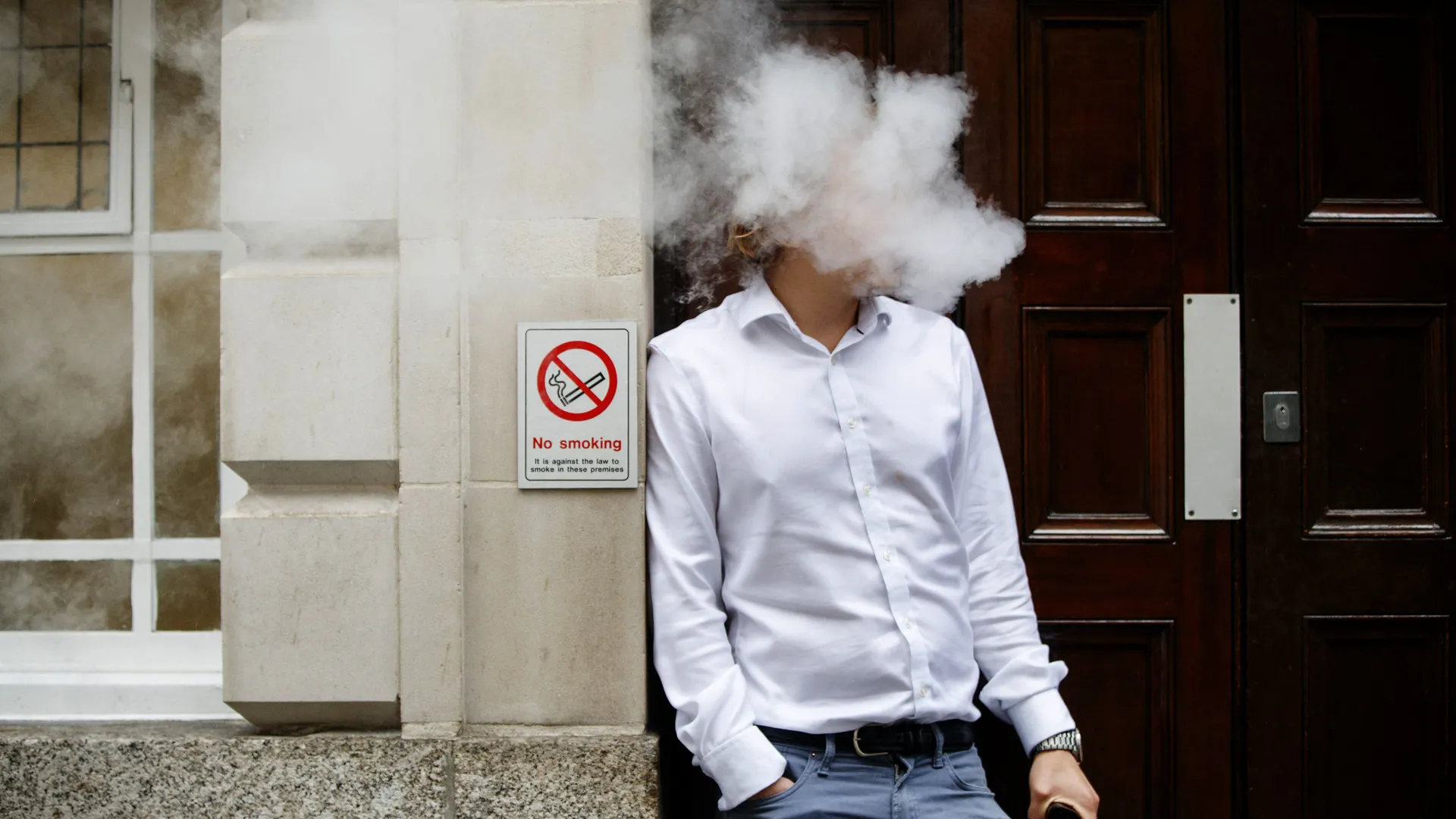In a landmark decision aimed at forging the first tobacco-free generation in Britain, UK lawmakers are poised to vote on a groundbreaking proposal today. Spearheaded by Prime Minister Rishi Sunak, the proposed legislation seeks to prohibit the sale of tobacco products to anyone born after January 1, 2009, effectively phasing out smoking over time.
This initiative, which enjoys backing from the Labour Party, is expected to pass despite facing some resistance within conservative circles.

Tobacco Ban: A Paradigm Shift in Public Health Policy
The legislation, aptly named the Tobacco and Vapes Bill, introduces a staggered increase in the legal age for purchasing tobacco products. Starting this year, no individual under the age of 15 will be allowed to buy cigarettes, with the age limit set to rise annually.
This progressive strategy aims to curtail the initiation of smoking among the youth, addressing public health concerns head-on.
Moreover, the bill targets the burgeoning issue of disposable vapes by banning low-cost options and limiting flavor varieties, a move intended to dampen the appeal of nicotine products to young potential users. This is in line with the UK’s existing regulations that prohibit tobacco sales to minors.
The UK’s smoking ban aims to phase out sales of tobacco, which is one of the main causes of cancer deaths in Britain https://t.co/MNY2WPgvWC pic.twitter.com/td5EUvnDJC
— Al Jazeera English (@AJEnglish) April 17, 2024
The Cost of Smoking: A Financial and Health Perspective
Smoking remains the UK’s leading preventable cause of death, claiming around 80,000 lives annually.
According to Professor Steve Turner, president of the Royal College for Paediatrics and Child Health, “By preventing children and young people from becoming addicted to nicotine and tobacco, we reduce their risk of developing preventable diseases later in life and protect children from nicotine addiction.”
The financial strain of smoking on the UK is staggering, with costs amounting to approximately £17 billion ($21 billion) per year, outstripping the £10 billion generated from tobacco taxes. This economic burden, coupled with the loss in productivity, underscores the urgent need for robust anti-smoking measures to create standards for Minors.

Opposition and Concerns
Despite the widespread support, some Conservative MPs have voiced their dissent, arguing that the bill represents an overreach of government authority and could pave the way for further prohibitive measures on personal freedoms.
Former Prime Ministers Liz Truss and Boris Johnson have criticized the bill as “profoundly unconservative” and “absolutely nuts,” respectively. Concerns about enforceability and the potential for future restrictions on other products like alcohol have also been raised.
A Comparative Global Perspective
Internationally, several countries are making strides in tobacco control. New Zealand, for instance, had plans to implement a similar lifetime ban on tobacco sales for individuals born after 2008, although this was later abandoned in favor of tax strategies.
Meanwhile, nations like Mexico and Portugal continue to enforce stringent anti-smoking laws, contributing to a global trend towards healthier, smoke-free environments.

The Road Ahead
As the UK stands on the cusp of potentially significant health policy reform, the world watches. The move to create a smoke-free generation not only promises substantial long-term health benefits but also positions the UK as a leader in public health innovation.
The debate today not only shapes the health trajectory of future generations but also sets a precedent for how societies choose to combat the pervasive challenge of smoking.
As the UK navigates these legislative changes, the broader implications for public health, economic stability, and individual freedoms remain key points of consideration. The pursuit of a healthier, smoke-free future continues to resonate as a priority on the global stage.










